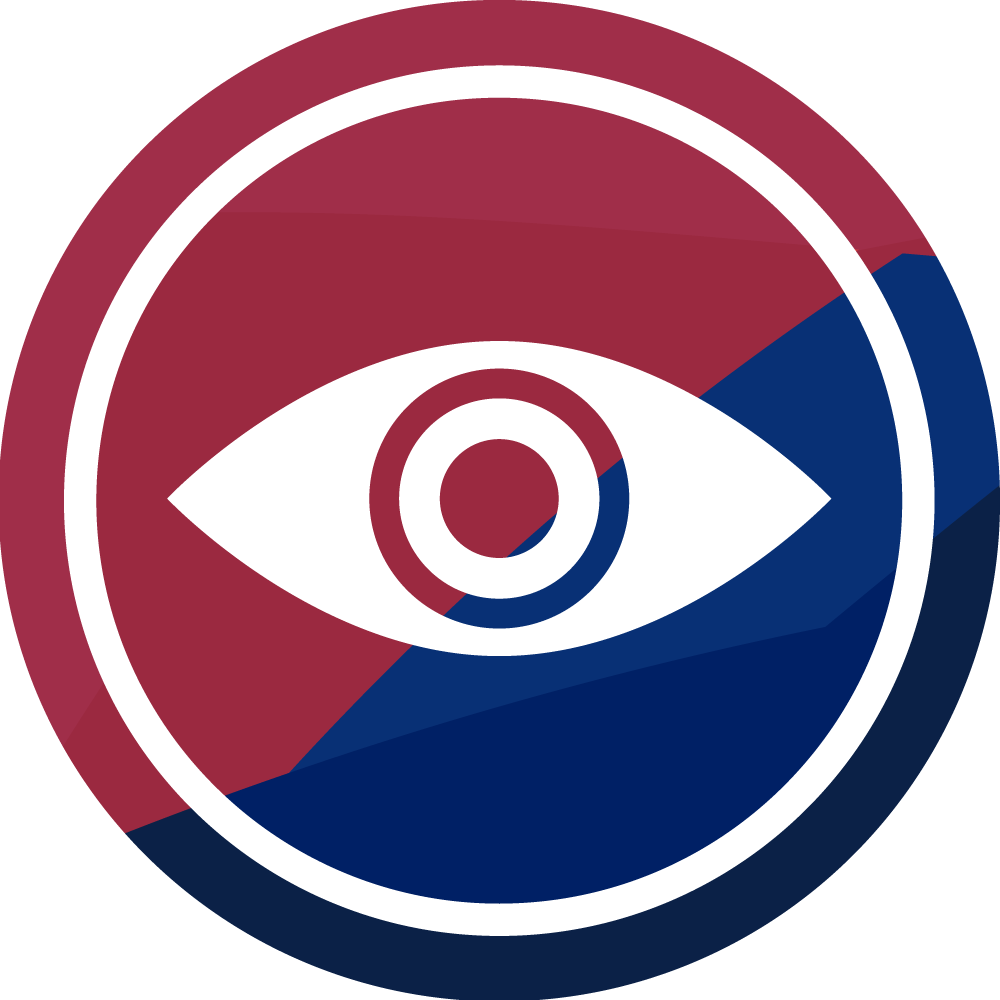WELCOME To The Department Of Mechanical Engineering
OVERVIEW
Mechanical Engineering is one of the oldest and broadest branches of the engineering disciplines. The Mechanical Engineering program at UBT strives to graduate mechanical engineers of the highest quality, and to conduct applied research for community service.
Mechanical engineers play a central role in many industries such as Power Generation, Water Desalination, Oil Refineries, Air Conditioning, Automotive, Railway Transport, Aerospace and Aircraft, Water Supply, Renewable Energy, and Robotics.
The Department of Mechanical Engineering offers five tracks:
General, Heating Ventilation and Air Conditioning, Renewable Energy, Railway and Automotive, and Mechatronics. The program was designed by the University of Connecticut (USA) and approved by Kingdom of Saudi Arabia’s Ministry of Higher Education.


.jpg)
.jpg)
.jpg)













